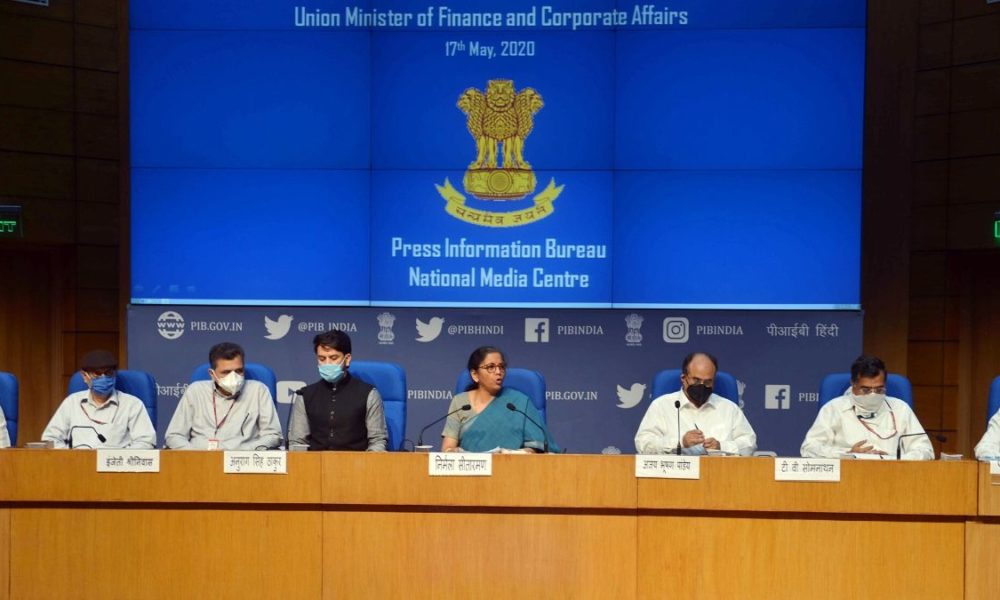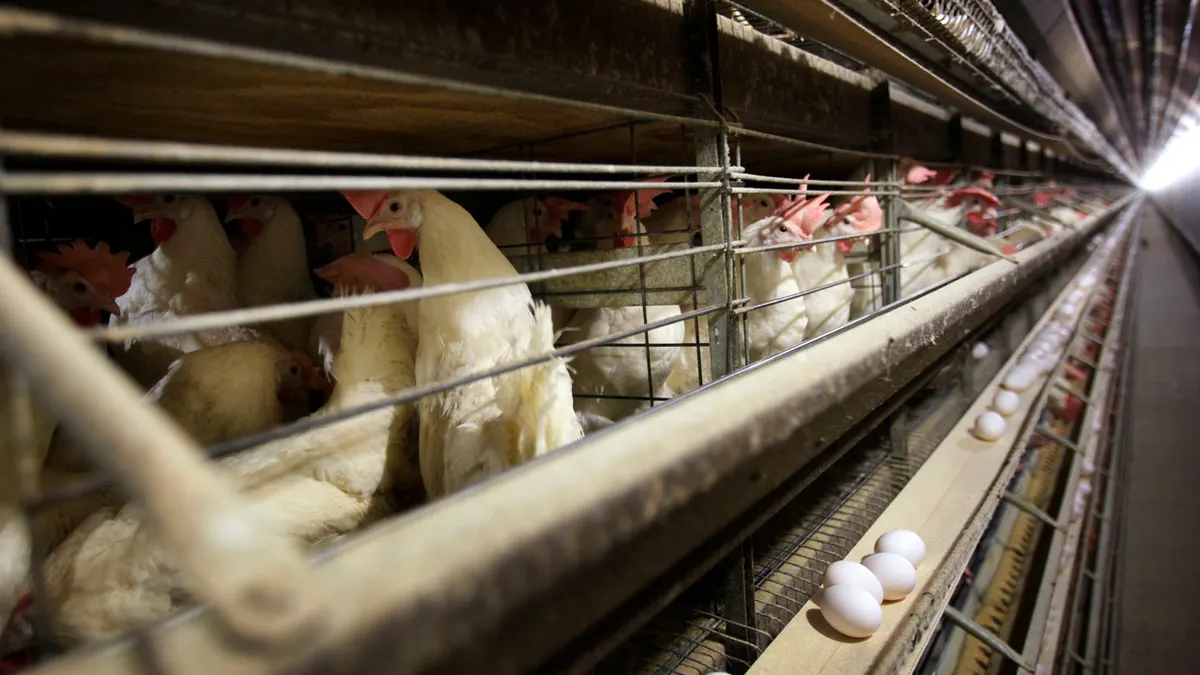The Prime Minister of India gave a clarion call for “Aatmanirbhar Bharat” i.e. a Self-Reliant India while addressing the nation on 12May 2020 on the eve of Lockdown 4.0. In his address for about 33 minutes, what would have caught the attention of competition law practitioners, scholars and industries in India, would be the following statement: “The crisis has taught us the importance of local manufacturing, local market and local supply chains. All our demands during the crisis were met ‘locally’.
Now, its time to be vocal about the local products and help these local products become global.” Use of the word “Local” five times in a 2.5 line statement makes “going local” a clarion call. However, this emphasis is not new if one looks at the campaigns “Make in India”, “Startup India”, “Digital India”–promoting entrepreneurship in India. Some people were quick to synonymise “Aatmanirbhar Bharat” with the Swadeshi movement during the struggle for independence, a politico-economic movement of 1907, emerging in Bengal.
The freedom fighters appealed to Indians to boycott British service, foreign education and goods, pushing for the promotion of Swadeshi goods and national education. Rabindranath Tagore conceptualised “Atmashakti” or “Self-Reliance”, which was an assertion of national dignity, honour, confidence and working towards social and economic regeneration of India. Resultantly, a number of indigenous industries got stimulated in particular textile mills, iron foundries, drugs and pharmaceuticals to name a few.
Interestingly, the Bengal Chemical & Pharmaceutical Works Ltd. (now Bengal Chemicals & Pharmaceutical Ltd) was established during that era by Acharya PC Ray. BCPL came into the limelight in the present pandemic for the production of the drug, hydroxychloroquine, having a global demand. The Swadeshi movement was centred on a boycott call against British-made goods resultantly promoting “local” aka “national”; whereas the present call of PM is positive to encourage and support the local products with an aim to leverage upon the 5 pillars of economy, infrastructure, technology-driven systems, demography, and demand.
Looking at the immediate legal question emerging out of this call is whether this will fall foul of WTO’s “principle of National Treatment” which mandates a country to accord equal treatment to the imported and locally produced goods (“like products”). At the outset NO, because the aforesaid statement is a call from PM to its citizens to go local in their choice of products and services. There is no legal compulsion.
India has already understood the game at WTO in the Solar Cells dispute wherein learning from its case in DS 456 (filed by USA for India’s measure to domestic content requirements under the Jawaharlal Nehru National Solar Mission on solar power developers selling electricity to the government) it was able to put USA at a spot in DS 510 (requirements of domestic content requirement in the renewable energy sector in some states of USA). Legally, a politico-economic call shorn of any legal compulsion will not qualify as a legal ground of challenge.
Diplomacy needs to be handled which will be taken care of by India as it is done by countries around the globe promoting protectionism. During an event commemorating the 10th year of enforcement of Competition Commission of India (CCI) in August 2019, Nirmala Sitharaman, Minister of Finance and Corporate Affairs, advised the CCI to take proactive steps to protect Indian consumers as well as “local” firms from abuse by companies based abroad in the context of the “new economy”, emphasising the impact of “competition sans frontier” and need of “suo motu” measures under CCI 2.0. No one could have crystal-gazed that this statement would revisit the Indian economy as a response to a pandemic. What does it mean for “competition law enforcement”?
The Competition Act in India got part of its enforcement powers (relating to prohibition of anticompetitive agreements and abuse of dominant position–referred to as “Antitrust matters”) on 20 May 2009, full power being vested in June 2011 with regulation of combination provisions being notified. From 2002 until May 2009, Commission engaged itself in advocacy activities to build ground for enforcement of “modern competition law”, which had to take over the Monopolistic and Restrictive Trade Practice (MRTP) Act, 1969 in a complete new avatar. The new law moved away from the socialistic philosophy of “controlled” to “free market”.
Peculiarity of new enforcement regime was adhering to “competitive neutrality”, i.e. no differentiation between public and private enterprises while applying the competition law. Dominance was no more a problem, law required action only in cases of abuse. The High Level SVS Raghavan Committee in its report provided several justifications for enactment of competition law. Introduction of new Competition Law in India was a result of India’s necessity to promote Liberalisation, Privatisation and Globalisation (LPG) coupled with WTO commitments.
License Raj had to give way to the open markets. However, what is important today in this “low-tide” of global competitiveness are the dissenting opinions in the report. In his dissent note, Sudhir Mulji emphasised that India at that juncture of development (2000) was not ready to take the new Competition Law and Policy, particularly due to lack of competitive spirit (referred to as animal spirit) among Indian businessmen. Another member, P.M. Narielvala, was of the view that Indian companies were by and large small and it was necessary to maintain the tempo of M&A so that Indian companies may counter the threat of competition from foreign companies.
Dr. Rakesh Mohan wanted the Govt. to gain some experience by going slow in implementation of the law proposed. Dr. S. Chakravarthy wanted Indian policy makers to have a look at the requirement of supporting domestic producers with credit facilities so as to provide a level-playing field qua their global competitors. These suggestions, however, could not resist the “high tide” of economy which required openness of markets at that time. However, in the present scenario, the aforesaid dissent resonates with the call for Aatmanirbhar Bharat.
In a short span of 10 years, CCI created a name for itself by signature cases like DLF, Coal India, cement cartel, drug cartel, etc. Quickly, “competition law” compliance developed as a practice in India with more powers with combination regulations. The question is whether the strategy of enforcement changes for CCI during this pandemic due to the government’s nudge for “vocal for local”. Prima facie no, as the competition law requires CCI to be informed of “the economic development of the country” to promote and sustain competition “in markets in India”. CCI has already taken cognizance of the supply chain disruptions in its advisory dated 19 April recognizing the necessity of coopetition for meeting the demand arising due to COVID 19.
CCI notes that the Act has “in-built safeguards to protect businesses from sanctions for certain coordinated conduct, provided such arrangements result in increasing efficiencies, however, with a caution to not take advantage of this situation to contravene any provision of the Act”. The coming days would be indeed challenging for CCI as a regulator to balance the interests of market, local manufacturers and consumers, at the same time keeping the spirit of “modern competition law” alive.
This would necessitate a lot of leg work in terms of suo motu cases, market studies and impact assessments. The key to success of “Self-Reliant” India would lie in the hands of the consumer who has to decide to promote locally produced goods and services. Local industries have to increase efficiency and work towards consumer welfare in cutting cost and improving delivery, keeping profiteering away from sight. While we promote “local”, one should not lose sight of the Ricardian Law of Comparative Advantage and our own philosophy of “Vasudhaiva Kutumbakam” translated to “Vasudhaiva bhakshyaapanah”, i.e. the world is one market.
Dr. Vijay Kumar Singh is Dean, School of Law at UPES Dehradun. Views are personal.























